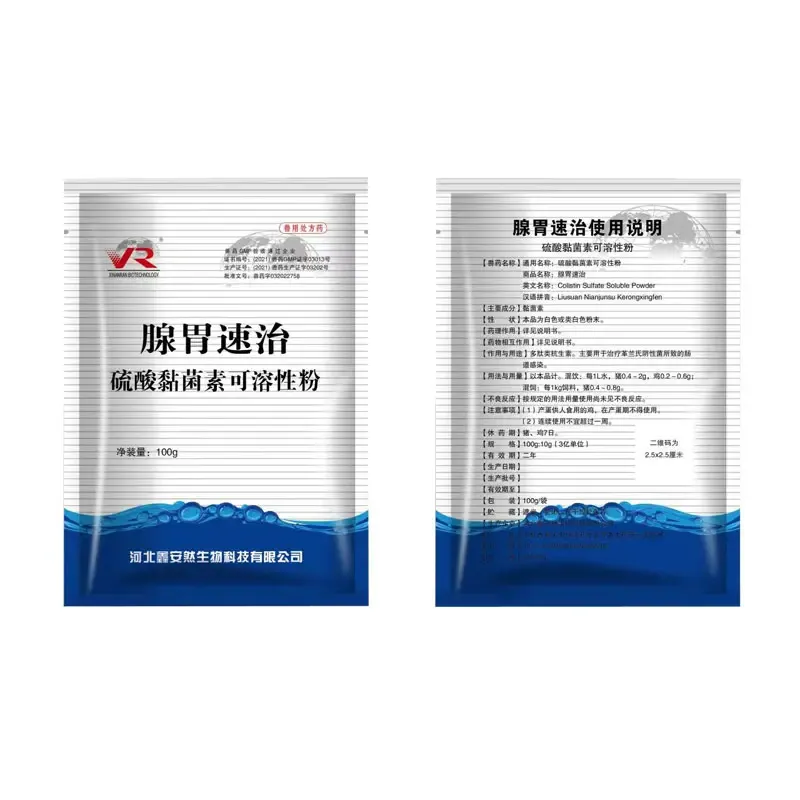- Afrikaans
- Albanian
- Amharic
- Arabic
- Armenian
- Azerbaijani
- Basque
- Belarusian
- Bengali
- Bosnian
- Bulgarian
- Catalan
- Cebuano
- Corsican
- Croatian
- Czech
- Danish
- Dutch
- English
- Esperanto
- Estonian
- Finnish
- French
- Frisian
- Galician
- Georgian
- German
- Greek
- Gujarati
- Haitian Creole
- hausa
- hawaiian
- Hebrew
- Hindi
- Miao
- Hungarian
- Icelandic
- igbo
- Indonesian
- irish
- Italian
- Japanese
- Javanese
- Kannada
- kazakh
- Khmer
- Rwandese
- Korean
- Kurdish
- Kyrgyz
- Lao
- Latin
- Latvian
- Lithuanian
- Luxembourgish
- Macedonian
- Malgashi
- Malay
- Malayalam
- Maltese
- Maori
- Marathi
- Mongolian
- Myanmar
- Nepali
- Norwegian
- Norwegian
- Occitan
- Pashto
- Persian
- Polish
- Portuguese
- Punjabi
- Romanian
- Russian
- Samoan
- Scottish Gaelic
- Serbian
- Sesotho
- Shona
- Sindhi
- Sinhala
- Slovak
- Slovenian
- Somali
- Spanish
- Sundanese
- Swahili
- Swedish
- Tagalog
- Tajik
- Tamil
- Tatar
- Telugu
- Thai
- Turkish
- Turkmen
- Ukrainian
- Urdu
- Uighur
- Uzbek
- Vietnamese
- Welsh
- Bantu
- Yiddish
- Yoruba
- Zulu
7 月 . 26, 2024 04:09 Back to list
Effective Veterinary Disinfectants for Ensuring Animal Health and Hygiene Practices in Veterinary Clinics
The Importance of Veterinary Disinfectants in Animal Health
Veterinary disinfectants play a crucial role in maintaining the health and hygiene of animals, preventing the transmission of infectious diseases in veterinary practices, shelters, and farms. In an era where zoonotic diseases are on the rise, understanding the importance of these disinfectants is essential for both animal and human health.
Disinfectants are chemical agents used to eliminate or reduce harmful microorganisms on inanimate objects and surfaces. In veterinary settings, these products are vital in preventing the spread of pathogens that can lead to serious health issues in animals. From veterinary clinics treating sick animals to large-scale farms managing livestock, effective disinfection is a cornerstone of disease prevention strategies.
One of the key benefits of using veterinary disinfectants is their ability to combat resistant pathogens. Many microorganisms, such as bacteria and viruses, have developed resistance to common cleaning agents. Thus, veterinary facilities must employ appropriately formulated disinfectants that are effective against resistant strains. Products containing active ingredients like quaternary ammonium compounds, hydrogen peroxide, and sodium hypochlorite are frequently used in these environments due to their broad-spectrum efficacy.
veterinary disinfectant

The proper selection and use of veterinary disinfectants are paramount. Disinfectants vary in terms of their spectrum of activity, contact time, and application methods. For instance, some disinfectants might be more effective against viruses, while others target bacteria or fungi. Veterinarians and animal care providers need to be educated on these differences to select the most suitable disinfectant for their specific needs. Furthermore, reading and following the instructions on the label is crucial. Many disinfectants require a certain contact time to be effective, and failure to adhere to these guidelines can lead to ineffective disinfection and ongoing disease transmission.
In addition to facilitating animal health, the use of disinfectants in veterinary settings also protects public health. Many diseases that affect animals, such as rabies, avian influenza, and foot-and-mouth disease, can have significant implications for human health and food safety. By controlling these pathogens in animal populations and ensuring the hygiene of veterinary facilities, we reduce the risk of outbreaks that can affect humans and the societal resources needed to manage such public health crises.
In recent years, the development of environmentally friendly disinfectants has gained traction. As more practitioners recognize the importance of sustainability, there is a growing demand for disinfectants that are effective yet less harmful to the environment. Some companies have developed biodegradable products that minimize chemical residues while still ensuring high levels of disinfection. This shift not only meets the regulatory standards but also aligns with the ethical considerations of animal welfare and ecological responsibility.
Veterinary disinfectants are essential in the fight against infectious diseases. They not only protect animal health and welfare but also play a pivotal role in safeguarding public health. As the veterinary industry continues to evolve, the importance of infection control will remain a critical focus, necessitating ongoing education and awareness regarding the proper use of these disinfectants. Ultimately, the effective application of veterinary disinfectants is a proactive measure that helps ensure healthier populations of animals and humans, fostering a safer environment for all. As pet owners and livestock handlers become increasingly aware of these issues, their role in advocating for best practices in hygiene and infection control will be vital for a sustainable future in veterinary medicine.
-
The Power of Radix Isatidis Extract for Your Health and Wellness
NewsOct.29,2024
-
Neomycin Sulfate Soluble Powder: A Versatile Solution for Pet Health
NewsOct.29,2024
-
Lincomycin Hydrochloride Soluble Powder – The Essential Solution
NewsOct.29,2024
-
Garamycin Gentamicin Sulfate for Effective Infection Control
NewsOct.29,2024
-
Doxycycline Hyclate Soluble Powder: Your Antibiotic Needs
NewsOct.29,2024
-
Tilmicosin Premix: The Ultimate Solution for Poultry Health
NewsOct.29,2024













